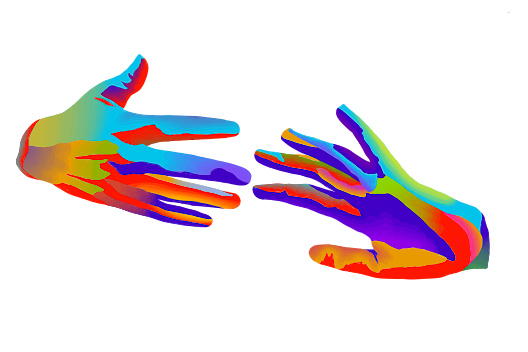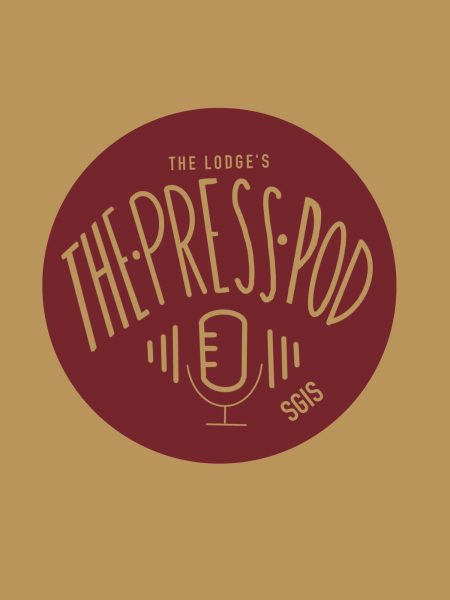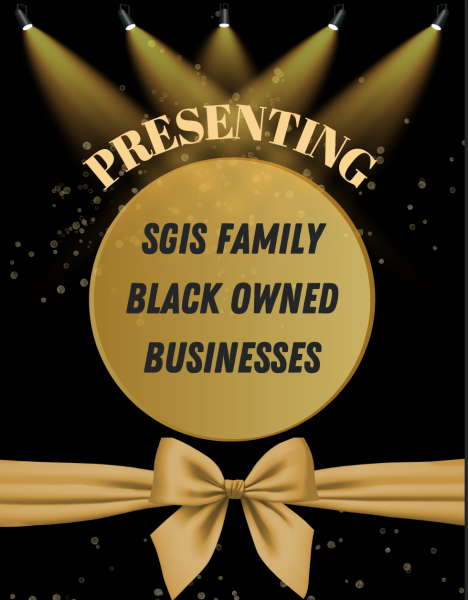The Space In Between

Photo: SIerra Sellers
Two hands reach towards each other, leaving a space in between.
On Feb. 26, the United Methodist Church voted against a plan that would allow each church to decide on whether to host LGBTQ weddings and would relax restrictions on LGBTQ clergy. To many in the LGBTQ community, this felt like a step backwards.
The space between religious and sexual or gender identity has been notoriously difficult to navigate. People who belong to a sexual or gender minority can find their identity at odds with the values of the community they grew up in. In a Pew survey of LGBTQ Americans, one-third said that their religion and sexual orientation or gender identity were in conflict. Additionally, 29 percent have felt unwelcome in a place of worship.
Mr. Tyler Lefevor, an assistant professor and licensed psychologist in the Rhodes College psychology department, is conducting a similar study on Mormonism with collaborators in Utah.
“Mormonism has problems similar to Southern Baptists or conservative spaces, people tend to either subscribe to lives of celibacy to fit with the religion, or maybe they’ll even marry some- one of another sex even though they’re not attracted,” Mr. Lefevor said. “Or they’ll marry someone of the same sex. We’re interested in understanding how those different life choices relate to later life.”
So far, the study has surveyed thousands of people to gather data on the subject.
“What we find is that [for] people in general, being partnered is healthy. People want to be with somebody,” Mr. Lefevor said. “For most sexual and gender minorities, at least sexual and gender-minority Mormons, being partnered with someone of the same sex is the best outcome.”
Ironically, according to Mr. Lefevor, they found that those who identified as gay but ended up with a partner of the opposite sex were actually happier than those who identified as gay but were alone.
“We interpreted this to mean there is a general positive effect of being with someone. It was better than being single and celibate, of committing yourself to a life of ‘I’m not going to date, I’m not going to have somebody,’” Mr. Lefevor said. “Our takeaway was that there are actually a wide variety of ways that people navigate life. There isn’t a correct path like we like to think there is.”
Mr. Lefevor’s research has made him recognize the importance of both sexual and religious identity.
“[My research] has really made me appreciate the role of religious identity as a legitimate form of identity and the same way that one doesn’t necessarily choose one’s identity,” Mr. Lefevor said. “It’s a way you are, and it can be such a strong dilemma if you feel forced to choose.”
***
Before Josh Allen ever decided to come out, he isolated himself in his parent’s lakehouse and, for seven days, he prayed, fasted, and sang hymns. Then he left, with a suitcase and the idea for a letter.
The letter took him eight weeks to write on his iPad, and he spent every free moment he had on it.
“My family is important to me, and their views were important to me,” Allen said. “I spent just so much time editing and reviewing and trying to make sure my words were the best they could possibly be so that people knew that I did not take this lightly.”
Allen left his letter on the dresser of his room in his parent’s house and called his mother. He told her that he had written her something.
It had taken Allen until he was 20 years old to come out to his family.
“There was never a moment that I questioned that I was gay,” Allen said. “There was never a moment when I was like, ‘Oh, I like girls.’ I knew, from whenever I was capable of knowing, that I didn’t fit that category. But I was also told that it’s a choice.”
Prior to coming out, he had gone to his Southern Baptist church every Wednesday and Sunday, for every choir rehearsal and youth group meeting.
“The rhetoric [there] is very, very harsh, not necessarily stemming from scripture but just from the culture,” Allen said. “A lot of the people use very harsh words when then talk about how disgusting homosexuality is. Being taught that it was a choice all my life and that somebody chooses to go that way, nobody was born that way. That was confusing.”
The effect of his upbringing came into conflict with his emerging sexual identity as Allen got closer and closer to college. Before he turned eighteen, he did not dare trying to come out for fear of being put into a conversion camp, and during that time he adopted a strict anti-LGBTQ stance.
“I fought very hard politically, religiously, socially everything against [LGBTQ issues] all the way into my first year of college until I was 19,” Allen said. “Basically until I came out myself, I fought very hard against this, voted against it when I could. I wanted to believe it was a choice, that I was choosing to be straight and that I wasn’t choosing to be gay.”
The day Allen knew his parents would read the letter in which he came out, he went to the prayer room at his church for two hours. Afterwards, his relationship with his family was strained.
Even now, Allen said he still feels conscious of other people’s reactions to him being with another man.
“It immediately becomes a political statement and some form of protest by just holding your significant other’s hand,” Allen said. “People look, and you’re wondering who’s thinking [it’s wrong]. That’s something that’s on your mind.”
Allen’s experience, while unique to him, echoes that of others who struggle to navigate the space between their religious and sexual identities. In the course of Mr. Lefevor’s research, he sought an answer for why people within the LGBTQ community tend to display negative mental health outcomes.
According to a 2011 survey conducted by the American Journal of Preventive Medicine, for LGBTQ youth who have grown up with a conservative religious background there is an increased risk of suicide or suicidal ideation.
“There’s a lot of subtle ways that sexual and gender minorities are discriminated and oppressed. That’s hard, and it hurts when people internalize that negative messaging. And that kind of internalization and discrimination is what I believe is responsible for these negative mental health outcomes,” Mr. Lefevor said. “If people are telling you that you’re wrong and you’re messed up, you don’t even need to have them to keep telling you that for you to feel that way.”
The process of moving past that negative messaging, as both Mr. Lefevor and Allen found, is lengthy.
“Looking back on it, it’s very hard because I realize how much damage I probably did,” Josh Allen said. “And the damage, it’s done to me. It does take time.”

The space in between religious and sexual or gender identity is hard to navigate, but not impossible. Many communities are welcoming of people who identify as LGBTQ. Within Memphis, the Church of the River, the First Congregational Church of Memphis, Temple Israel, The Memphis Society of Friends and Calvary Episcopal Church are mentioned on the OUT Memphis spirituality page as places safe for LGBTQ individuals.
Located in downtown Memphis, the Church of the River is a Unitarian Universalist church has historically been broadly accepting of the LGBTQ community. Rev. Sam Teitel, minister for the Church of the River, has been working towards a welcoming space for LGBTQ members of the clergy.
“For years, the church, I think, hasn’t always been as affirming as it now is. I would say as society has become more open-minded, the church has become more open-minded,” Rev. Teitel said. “But for years and years and years, Church of the River has had LGBT members that were out, and we were glad to have. During the AIDS epidemic, we’d welcome people with AIDS into the congregation, which was a taboo thing.”
The Church of the River has been officially certified by the Unitarian Universalist Association as an LGBTQ Welcoming Congregation, which requires the attendance of a training program, workshops and specific steps taken by the church. Recently, as part of being a welcoming church, Rev. Teitel read the children’s book “I Am Jazz,” which focuses on the life a young transgender girl, during the church’s story-time.
“When people want to talk to me about it and they say ‘I don’t understand’ and I say ‘fine.’ You don’t have to understand something for it to be legitimate,” Rev. Teitel said. “I don’t understand when people speak French, but I believe that France is a real place.”
Unitarian Universalists welcome the LGBTQ community, but they are not the only ones. Since 1976 the Episcopal church has formally recognized the “full and equal claim” of LGBTQ people “as children of God” to “the love, acceptance, and pastoral concern and care of the Church.”
To those who struggle today to reconcile their identity with their faith, the words of Rev. Sam Teitel may bring some comfort.
“You are beautiful and complete and deserving of love, care and respect exactly as you are. Who you are is not wrong. Who you are is not bad. Who you are is who you are and who you are supposed to be. You deserve to be around people who don’t even just tolerate who you are, but affirm and celebrate and love you.”










